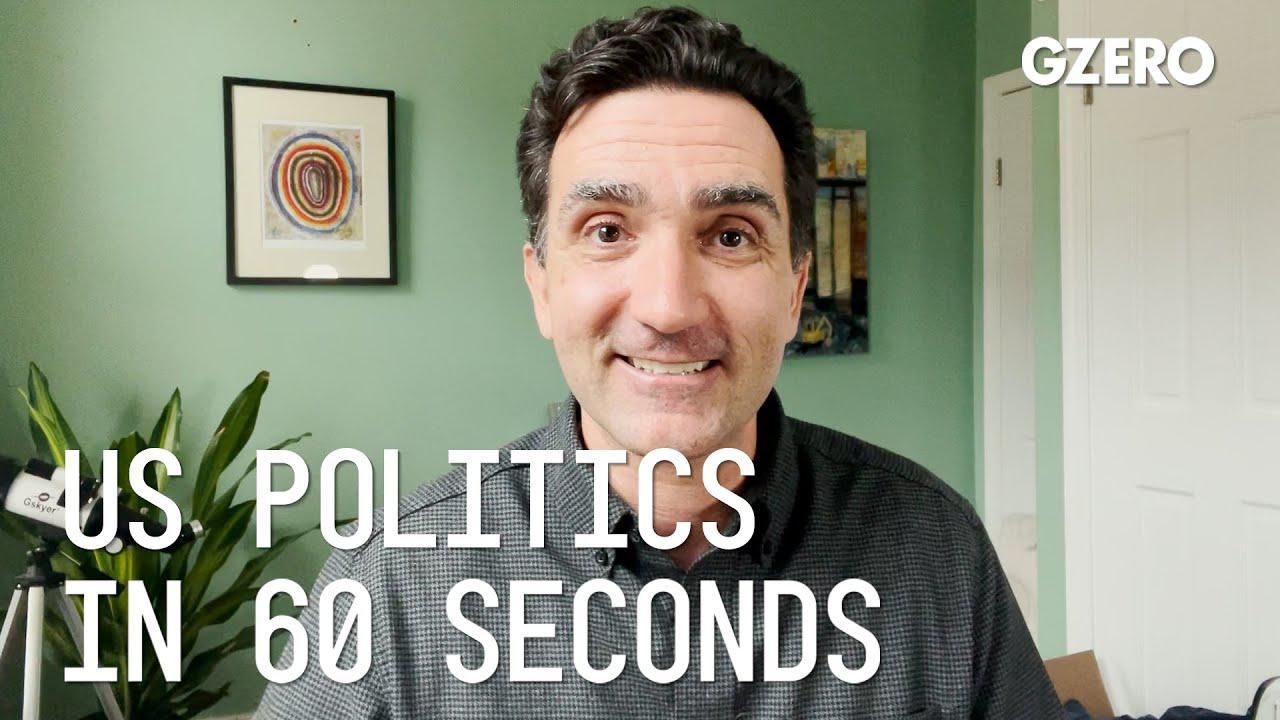
Get insights on the latest news in US politics from Jon Lieber, head of Eurasia Group's coverage of political and policy developments in Washington:
Joe Biden gave the first press conference of his presidency today, a much-anticipated event that a lot of political reporters were pretty excited about, that didn't really move the needle on any messaging aspects of the administration.
He kind of stuck to the party line on the filibuster, saying that it's a relic of Jim Crow era. And clearly, you know, he's already said he supports eliminating it, but he's not going to push Congress to get it done because that's not really his job. That's their job.
On the border, he talked about sending Kamala Harris down to negotiate a solution with Mexico and other Central American countries so they can deal with the problem where it starts. And he kind of took credit for being a compassionate guy, that immigrants believe when they come here, he's going to take care of them, which is consistent with the administration's message so far. A group of Senate Republicans are headed down to the border today in order to make some political theater out of the surge in migrants that's happening down there, and this is going to be an increasing political problem for Biden going forward because of the fact his party is somewhat out of step with the mainstream American view on immigration.
On the vaccine, there was a little bit of news, that he thinks he's going to be able to accelerate the timeline that people can get the vaccination. However, for the most part, this is really a non-event. Biden has stayed out of the spotlight and he hasn't really dominated headlines the way his predecessor, former President Trump, did. This is a purposeful strategy, to kind of have a working man approach to the White House, not make the story about him, and in the meantime, accomplish an awful lot, which the Democrats are likely to do this year between a $1.9 trillion stimulus they've already passed, and what looks like it's going to be potentially a $3 trillion long-term infrastructure spending bill that likely gets done before the end of the year.